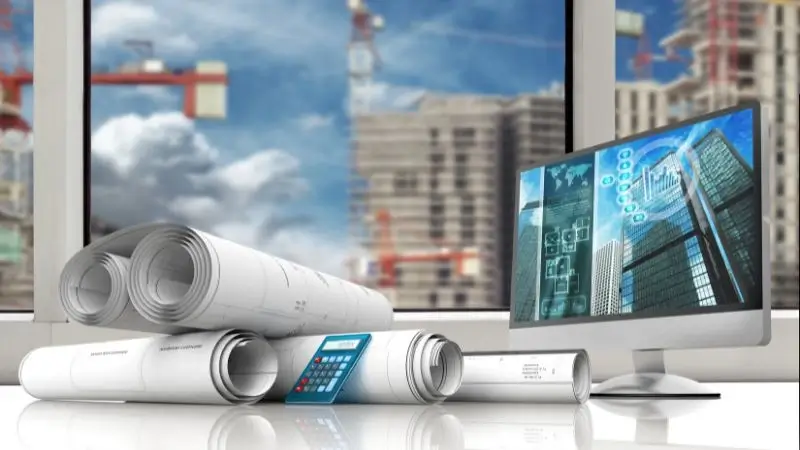In the dynamic healthcare landscape, technological advancements have revolutionized how medical laboratories operate, leading to more accurate diagnoses and efficient patient care. Healthcare projects increasingly rely on integrating cutting-edge medical technology within laboratory settings to improve the health system. This article will explore how these technologies are used and their profound impact on the healthcare industry.
The Role of Medical Technology in Laboratory Projects
Medical technology in laboratory projects encompasses many tools and systems that enhance diagnostics and patient care quality and efficiency. These technologies are leveraged in numerous ways, transforming the very core of healthcare.
Here’s a glimpse into how they’re making a difference:
Laboratory Information Systems (LIS)
Laboratory Information Systems are the backbone of modern medical laboratories. They manage patient data, track samples, and facilitate communication between healthcare providers. By streamlining data management and reporting, LIS technology enhances laboratory operations’ overall efficiency and accuracy.
Automated Analyzers
Automated analyzers have become indispensable in laboratory settings. They can handle many tests simultaneously and with remarkable accuracy, reducing the potential for human error. These systems enable faster turnaround times for test results, providing healthcare professionals with vital information timely.
Digital Pathology
Digital pathology is a game-changer in laboratory projects. It involves scanning and analyzing tissue slides digitally, allowing pathologists to make diagnoses with unprecedented precision. This technology enhances diagnostic accuracy and enables remote consultations and data sharing for collaborative efforts.
Next-Generation Sequencing (NGS)
NGS technology has transformed genetic diagnostics and personalized medicine. It enables comprehensive genetic analysis, allowing healthcare professionals to tailor treatment plans to individual patients. In laboratory projects, NGS is crucial in genomics research, cancer diagnostics, and rare disease identification.
Robotic Sample Handling
Robotic systems have been introduced to handle sample processing with minimal human intervention. These robots can precisely take samples, reducing the risk of contamination and enhancing efficiency. Robotic sample handling technology improves diagnostics quality and allows laboratories to operate around the clock.
Medical Technology: The Engine Driving Health System Improvements
The use of medical technology in laboratory projects goes far beyond the walls of the lab itself. It significantly contributes to the improvement of the entire health system. Here’s how:
Accelerated Diagnoses
One of the primary advantages of medical technology in laboratories is the speed of diagnosis. Rapid results enable healthcare providers to make informed decisions quickly, reducing patient wait times and initiating treatment promptly.
Precision Medicine
The integration of NGS and other advanced technologies allows for the practice of precision medicine. Healthcare projects can develop tailored treatments based on a patient’s genetic makeup, ultimately leading to more effective therapies and better health outcomes.
Telemedicine and Remote Consultations
Digital pathology and telepathology systems facilitate remote consultations and the sharing of expertise across geographical boundaries. This technology enhances the reach of healthcare services, especially in underserved areas.
Improved Data Sharing
LIS technology and interoperable data systems promote better data sharing among healthcare providers. It ensures that patient information is seamlessly transmitted between laboratories, clinics, and hospitals, resulting in coordinated and more efficient care.
Enhanced Research
Medical technology in laboratory projects fuels medical research. It supports the development of new treatments and therapies, and sharing research findings accelerates progress in the medical field.
Our Findings
Healthcare projects incorporating medical technology in laboratory settings are at the forefront of improving the health system. These technologies enhance diagnoses’ precision, speed, and efficiency, fostering better patient care and health outcomes. Integrating medical technology in healthcare projects is not just about innovation; it’s about making healthcare more accessible, accurate, and responsive to the needs of patients. As technology advances, we can expect even more significant innovations that will further transform the healthcare landscape and improve individuals’ lives worldwide
